The landscape of higher education is rapidly changing, with institutions like Harvard University leading the way. Notable for its novel approaches, Harvard has recently incorporated artificial intelligence (AI) into the classroom, debuting an AI teaching assistant for its popular Computer Science 50 (CS50) course. Aiding students with debugging, offering feedback, and answering coding queries, this AI-powered tool, the ‘CS50 bot,’ could well represent a glimpse into the future of education.
A New Era of Education
While AI-assisted learning isn’t a completely new concept, it’s the adoption by renowned universities that is truly transformative. As more traditional educational institutions integrate AI into their teaching, it becomes increasingly clear that we’re on the precipice of a new era in education. One where students can receive highly personalized guidance, offering a near 1:1 student-to-teacher ratio that was previously inconceivable in large university courses.
The CS50 bot isn’t simply a static tool, providing pre-determined answers. It’s a large language model, designed to guide students towards solutions instead of simply handing them the answers. It’s an interactive tool, similar to popular AI like ChatGPT, but refined to balance assistance and self-learning.
This forward-thinking approach is an indicator of the educational strides being made, showing how technology can address scalability issues in online education. It’s particularly important for massive open online courses (MOOCs), like those offered by edX, where individual student support can be challenging due to high enrolment numbers.
Embracing the Digital Natives
The next generation of learners, digital natives who grew up immersed in platforms like Minecraft and Roblox, have different expectations for their educational experiences. They are accustomed to interactive, immersive, and often collaborative environments for learning and playing. It’s not enough to simply translate traditional classroom methods into digital format; the classrooms of the future must be reimagined to be interactive and dynamic, incorporating elements familiar to these digital natives.
Already, this shift is underway. Universities are exploring the integration of VR and flatscreen devices, which can enable a range of digitally enhanced learning experiences. These technologies allow for 3D learning environments, where students can interact with complex concepts in a more tangible way.
Harvard’s CS50 bot, or more generalized AI tutors like “Axon” from Axon Park, could one day be the guide within these 3D classrooms. As AI technology improves, we could see the emergence of AI tutors that interact with students in a virtual 3D environment, guiding them through problem-solving exercises in real-time and in a manner that’s intuitive to the student. It’s a far cry from traditional learning methods, but it’s a shift that institutions will need to embrace to stay competitive.

Axon Park 3D Learning
The Future is Here
The introduction of the CS50 bot marks a turning point for the use of AI in education. It’s a promising sign that institutions like Harvard recognize the importance of adapting to the expectations of the next generation of learners. It shows an openness to harness the power of AI and emerging technologies to enhance the educational experience and ensure accessibility and quality for a greater number of students.
Adoption by large institutions like Harvard will help advance AI technologies in a controlled, responsible manner. This might be the beginning of a broader, global transformation in education, powered by AI and interactive technologies, paving the way for a future where learning is more personalized, more accessible, and more aligned with the digital world that the next generation of learners inhabits.
As more institutions take note and follow in Harvard’s footsteps, the future of education looks bright – intelligent, immersive, and interactive. This is a future where every student can expect a personalized educational experience that respects their individual learning style and pace, where learning is not just about absorbing information, but also about exploring, interacting, and engaging with the subject matter in an immersive environment.
While challenges such as ensuring data privacy and avoiding over-reliance on AI-generated content exist, the educational revolution sparked by AI like the CS50 bot offers immense possibilities. The future of education is not just about AI teaching assistants; it’s about how these AI will interact with students in increasingly complex, engaging, and personalized ways, ultimately revolutionizing the way we learn.
This is our passion and purpose at Axon Park and we’re thrilled to support Harvard and our amazing partner Universities in their evolution to the next generation of digital learning.



